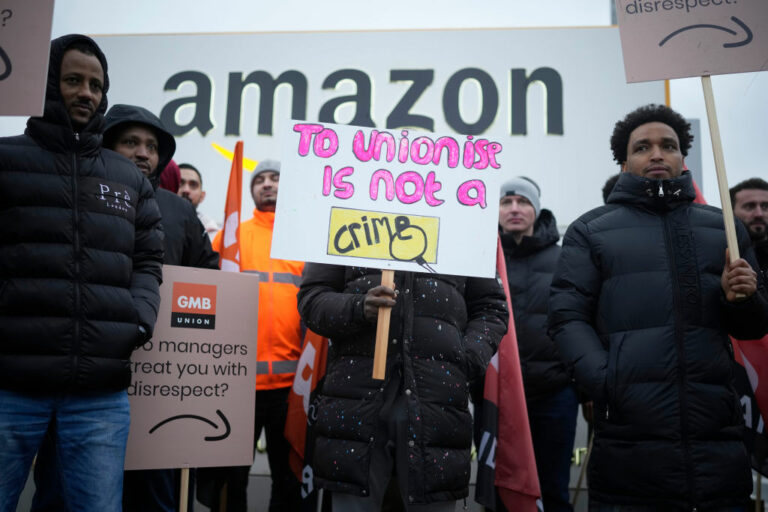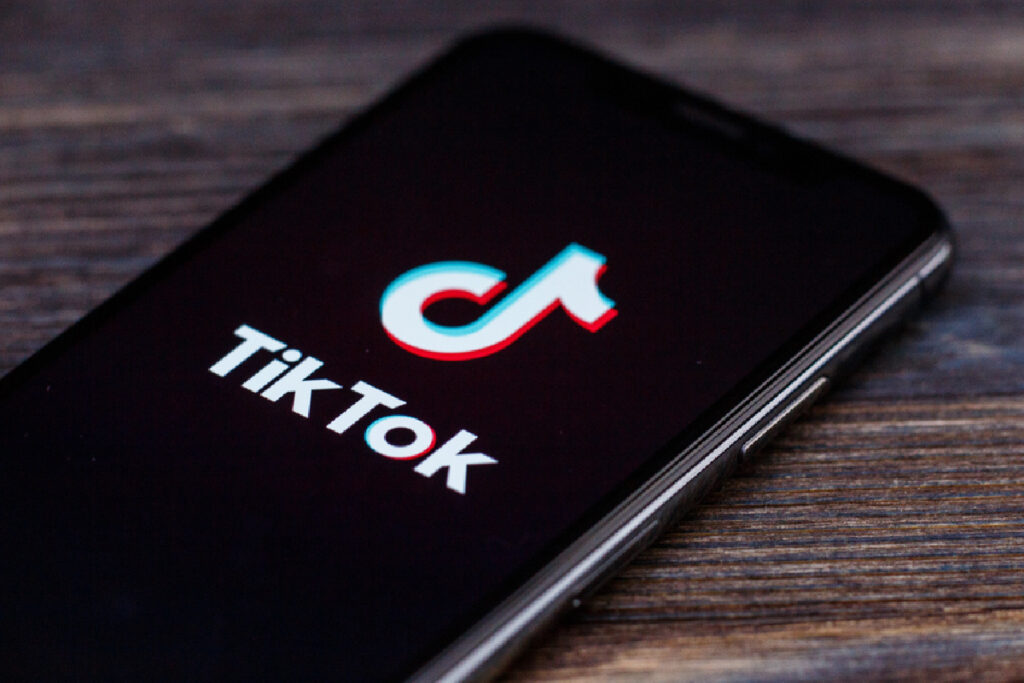// Money & Mental Health Policy Institute says online retailers are leaving many with mental health issues at risk of further debt
// Around 3m people with mental health problems have struggled to stay in control of their spending during lockdown
// This is in part due to online retailers’ buy now, pay later deals, “one-click” purchases & pushy personalised marketing
Many online retailers are leaving people with mental health problems at risk of accumulating significant debts from shopping sprees, according to a charity.
Buy now, pay later deals, “one-click” purchases and pushy personalised marketing messages are leaving many people with mental health issues at risk of financial harm, particularly during the coronavirus pandemic, the Money and Mental Health Policy Institute said.
It estimates that around three million people with mental health problems have struggled to stay in control of their spending during lockdown – in part due to the design of websites.
READ MORE:
- Experts predict “permanent shift” to online shopping as Black Friday approaches
- Online retail sales will top $2bn every day in November
- Online spend to overtake high street sales this year
Ahead of Black Friday on November 27, the charity is calling on retailers to offer customers more tools to manage online spending – such as the choice to opt out of buy now, pay later services, or to have a cooling off period before completing purchases.
It is also calling for action from regulators to ensure that online shopping sites comply with consumer protection laws.
Online shopping offers a vital service, particularly in 2020 when many physical shops have been closed.
However, Money and Mental Health said the design of retail websites is making it difficult for people with poor mental health, many of whom struggle with symptoms such as impulsivity, reduced concentration and low morale, to stay in control of their spending.
It said a survey of 2000 UK adults found people who have experienced mental health problems in the past two years are twice as likely as the population generally to have spent more than they can afford online (29 per cent versus 12 per cent), or to have purchased goods they do not need (47 per cent versus 23 per cent).
The pandemic has compounded these problems, it said.
A quarter (26 per cent) of adults with recent mental health problems said they have struggled to stay in control of online spending during lockdown – amounting to three million people across the UK.
More than half (56 per cent) of people surveyed said buy now, pay later services make it too easy to get into debt, and two-fifths (42 per cent) of those with recent mental health problems said such services had been harder to resist since lockdown.
Money and Mental Health, which was set up by consumer champion Martin Lewis, is urging the CMA to ensure that online shopping sites comply with consumer protection laws, for example not pressurising customers into impulsive purchases.
Money and Mental Health Policy Institute chief executive Helen Undy said: “Online retail can be a lifeline for people living with mental health problems who may struggle to leave the house, especially during the pandemic.
“But pushy sites and tempting buy now, pay later offers can cause people to spend more than they can afford, risking both their financial and mental health.
“This is particularly challenging in lockdown, with many of us spending longer online, bombarded by adverts telling us that the latest new thing will make us feel better.
“At its worst, this can leave people in thousands of pounds of debt, with a single day’s shopping spree causing years of misery.
“With more people facing mental health problems this year, as we approach Black Friday retailers must take action to help customers stay in control.
“Simple steps, like making it easier for customers to avoid buy now, pay later options, could help people avoid serious financial harm at this difficult time.”
with PA Wires
Click here to sign up to Retail Gazette‘s free daily email newsletter


















